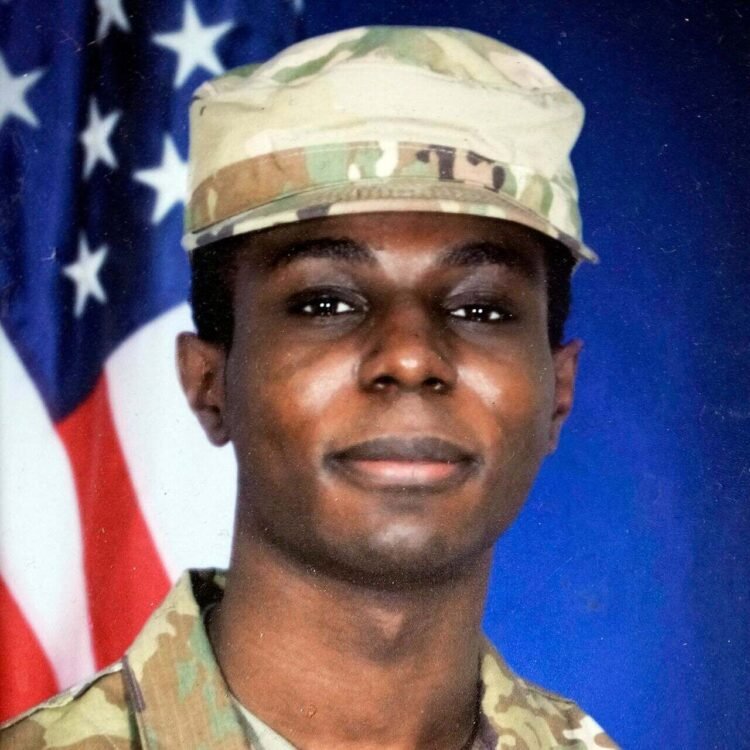North Korea has made the decision to expel Private Travis T. King, the American soldier who made a daring dash across the inter-Korean border into North Korean territory on July 18. This announcement came via the North’s state news media on Wednesday, following a comprehensive 70-day investigation that found Private King guilty of “illegally intruding” into North Korean territory.
Confession Amidst Disillusionment
Private King reportedly confessed to illegally entering North Korea, citing reasons related to his experiences within the U.S. Army and his disillusionment with what he described as inhuman maltreatment and racial discrimination, as well as the perceived inequalities in American society.
Uncertainty Surrounding Deportation
North Korea has not disclosed the specifics of how or when Private King will be deported, leaving questions about whether he will return to South Korea through the Demilitarized Zone, the very route he used to enter North Korea. Notably, there has been no immediate response from the United States military command in South Korea or any comment from the Pentagon.
A Rare Move by North Korea
It is highly unusual for North Korea to expel an American soldier who seeks asylum there. Historically, the country has allowed American deserters to reside, and in some cases, even start families within its borders, often utilizing them as propaganda tools in anti-American narratives.
Private King’s Background and Escape
At 23 years old, Private King was assigned to South Korea as a member of the First Brigade Combat Team, First Armored Division. In July, following his release from a South Korean detention center where he faced assault charges, U.S. military personnel escorted him to Incheon International Airport with plans for him to board a flight to the United States, where he would have faced additional disciplinary actions. However, Private King opted to take a bus the following day to the border village of Panmunjom, situated within the Demilitarized Zone.
The Crossing and Official Response
Colonel Isaac Taylor, a public affairs officer for U.S. Forces Korea, confirmed that Private King “willfully and without authorization crossed the Military Demarcation Line into the Democratic People’s Republic of Korea” during this event.
North Korea’s Decision on Asylum
Last month, North Korea indicated that Private King had expressed a desire to seek refuge within the isolated Communist country or in a third nation. In their recent announcement, North Korea did not provide details regarding why they chose not to grant his request.
Previous Incidents Involving American Detainees
Private King represents the first known American held in North Korean custody since Bruce Byron Lowrance’s month-long detention for illegal entry from China in 2018. Civilian Americans accused of illegal entry have faced prosecution, hard labor, or sometimes release and expulsion.
Bargaining Chips and Diplomatic Negotiations
North Korea has occasionally used civilian Americans accused of illegal entry as bargaining chips in negotiations with Washington, despite the absence of formal diplomatic relations. Notable cases include the detention and subsequent release of journalists Laura Ling and Euna Lee in 2009 and Aijalon Mahli Gomes in 2010, who were freed after high-level diplomatic interventions. Similarly, Kenneth Bae, a Korean American missionary, was released in 2014 following diplomatic efforts led by James R. Clapper Jr., the director of national intelligence at the time.






















